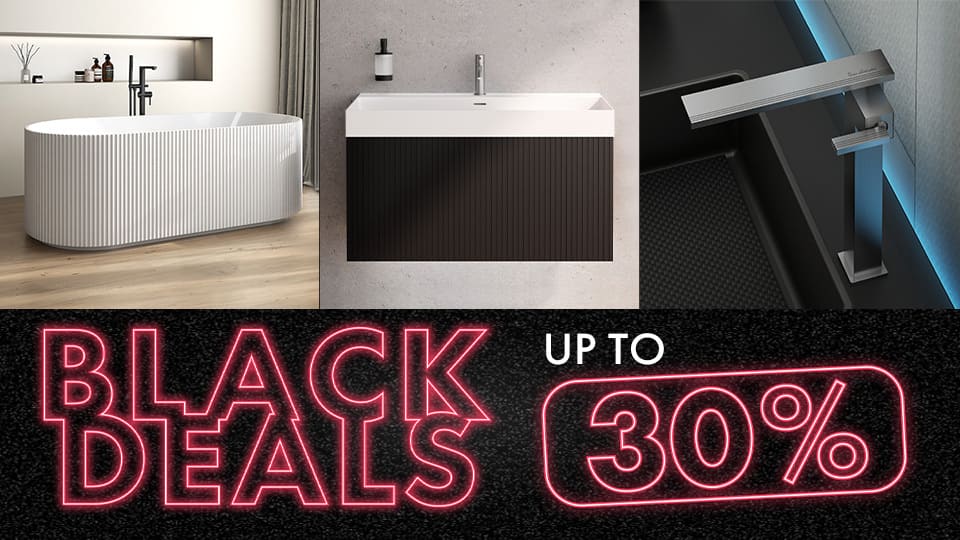Building Alert Pro – All current building applications in your area at a glance
Discover building applications now
Everything homeowners need to know — Every first Thursday of the month.


Everything homeowners need to know — Every first Thursday of the month.

Regional craftsmen
Only certified companies
Quality guarantee

In the long term, heat pumps are cheaper than other heating systems, energy-efficient, resource-saving and environmentally friendly. That is why they are a sensible alternative to older heating systems such as oil heating in the long term. With our energy calculator you can, for example, calculate the investment costs and subsidies and simulate how a heat pump will affect your energy consumption and costs. However, the air-to-water heat pumps, which are by far the most widespread in Switzerland, are comparatively noisy. To heat an average single-family house, up to 6000 cubic metres of air per hour must flow through a fan into the evaporator. You can hear this if you are standing nearby. How can you protect yourself and your neighbours from the noise?
In our article "Heat Pump: Costs, Advantages and Subsidies" we have summarised in an easy-to-understand way what you as a homeowner should know about heat pumps.
Air-to-water heat pumps are cheaper than other heat pumps because there is no need to lay a geothermal heat collector or drill a hole for the ground probe. An air-to-water heat pump draws in air and transfers it to a heat exchanger. A refrigerant circulates in the heat exchanger, which changes its state of aggregation at low temperatures and evaporates. This refrigerant vapour is compressed by a compressor and heated to a temperature that can be used for heating and hot water preparation. Only air-to-water heat pumps can be installed indoors and outdoors. Many homeowners have them installed outside to save space in the basement: the compact heat pump is protected in a weatherproof housing and pumps the heat into the storage tank via heat-insulated pipes in the floor. When renovating older properties, it is also easier and cheaper to install a heat pump outside instead of inside.

Since the beginning of the 2000s, air-to-water heat pumps have been increasingly installed outside. At that time, they were still really loud at 76 decibels. The compressor and the fan were mainly responsible for this. In the meantime, the technology has developed considerably, especially the compressors with the change from piston to compressor. That's why the average noise level has dropped to 50 to 60 decibels, depending on the unit and its output. That is louder than birdsong, but quieter than a conversation between friends and comparable to a refrigerator. How loud a heat pump really can be found on its product data sheet, which you can usually find on the manufacturer's website. The volume is given in dB(A). dB stands for decibel and is the unit of measurement for the pressure that the sound waves exert on our eardrums. The letter in brackets, usually an A, indicates the pitch or frequency at which the volume was measured.
The temperature has a significant influence on the noise level, because a heat pump has to work harder at cold temperatures and is therefore louder in winter than in summer.
{{heatpump}}
With the choice of location, you can reduce the noise level of the air-to-water heat pump. This is how you protect yourself, your family and the peace in the neighbourhood in the long term: Install the heat pump ...
Having the heat pump planned and installed by professionals is cheaper than having to move it later, change the discharge direction or retrofit vibration dampers. A sound insulation bonnet is only a stopgap solution and costs a lot.
The technology has improved massively in recent years. Modern air-to-water heat pumps are more powerful and still whisper quiet. Innovative machines are quieter without compromising on performance. In reduced night mode, the heat pump is as quiet as voices in a library from one meter away and as quiet as a whisper from four meters away. The engineers and technicians have achieved this with three intelligent improvements:
Innovative air-to-water heat pumps are barely audible from a few metres away. They comply with all noise protection guidelines and ensure more peace and quiet in the neighbourhood. What's more, they look good and fit in just as well with modern new buildings as they do with renovated old buildings.
{{heating}}
Unlike in the past, noise is no longer an issue when you want to install an air-to-water heat pump in your garden. Heat pumps today are so quiet that your neighbours can hardly hear the noise of the evaporator, fan or compressor from three metres away. When choosing a heat pump, pay attention to the volume (in the product data sheet) and follow the tips in our article when choosing a location. Then you can also relieve the environment and save energy costs with an air-water heat pump installed outside without annoying your neighbours.
